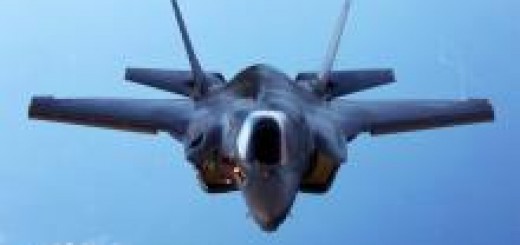Germany’s Air Force chief open to alternatives as FCAS fighter faces uncertainty
Germany’s recently appointed Air Force chief, Lieutenant General Holger Neumann, has signaled that Berlin is prepared to consider alternative paths to a future combat aircraft if the Franco-German-Spanish Future Combat Air System (FCAS) continues to face delays and political friction.
Speaking to Der Spiegel, Neumann underlined that the long-term priority is a highly networked force built around a combat cloud and unmanned systems, while the choice of the next crewed fighter may ultimately follow multiple routes.
Combat cloud remains FCAS’ central pillar, Luftwaffe chief says
FCAS is a ‘system of systems’ built around several pillars. The New Generation Fighter is the most politically sensitive element, led by Dassault Aviation for France, with Airbus as Germany’s and Spain’s leading partner. The program also includes the remote carrier drone family, led by Airbus for Germany, MBDA for France, and Satnus for Spain, and the combat cloud, also led by Germany’s Airbus with Thales for France and Indra for Spain.
Neumann stressed that the defining feature of FCAS is not the fighter itself, but the digital architecture that links crewed platforms, drones, sensors, and weapons.
“Decisive is the networking with unmanned systems and new types of sensors in a so-called combat cloud,” the Luftwaffe’s commander said, adding that this component will proceed regardless of the future of the joint fighter.
“One-way effectors” as imagined by MBDAThe remarks come as France and Germany reassess the viability of the FCAS New Generation Fighter (NGF), with discussions underway in Paris and Berlin about potentially scaling back or canceling the joint aircraft and replacing it with national or alternative multinational initiatives.
RELATED
France and Germany consider dropping sixth-generation fighter from FCAS program
Alternative fighter paths on the table
Germany’s first F-35As will arrive in 2026. Neumann emphasized that the aircraft will secure Germany’s role in NATO’s nuclear-sharing mission but said Berlin does not intend to rely on the F-35 alone for its long-term air combat requirements.
Asked about options should the joint NGF collapse, Neumann pointed to other multinational efforts, including the UK-Italy-Japan Global Combat Air Programme (GCAP), and did not rule out new cooperation formats in Europe. He said Germany would continue to assess all available paths to a sixth-generation capability while keeping the FCAS combat-cloud pillars on track.
Neumann also highlighted the modernization of the Taurus cruise missile and plans for a next-generation Taurus Neo, while noting that a bridging capability such as the Tomahawk would strengthen deterrence until new European long-range systems mature.
Germany and France have given manufacturers until mid-December 2025 to find a way forward with the FCAS program, according to industry sources cited by Reuters. The post Germany’s Air Force chief open to alternatives as FCAS fighter faces uncertainty appeared first on AeroTime.
Germany’s recently appointed Air Force chief, Lieutenant General Holger Neumann, has signaled that Berlin is prepared to consider…
The post Germany’s Air Force chief open to alternatives as FCAS fighter faces uncertainty appeared first on AeroTime.





